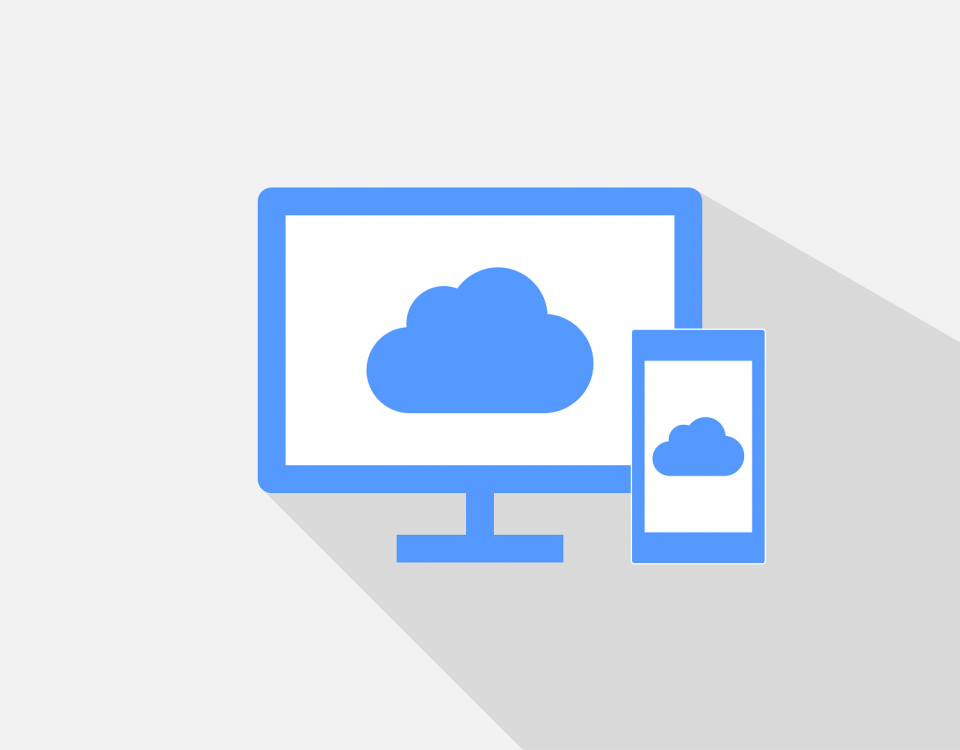Windows XP And Microsoft’s Dilemma
Have You Heard The Latest Of The iPad Rumours?
14 April 2014How Many Cores Are Right For You?
14 April 2014On the 8th April 2014, Microsoft released its final security updates for Windows XP and Office 2003. As security experts warned users that they could soon be prime targets for hackers if they do not abandon the products, the need to upgrade to more modern equipment has never been greater.
On the second Tuesday of each month Microsoft automatically rolls out new security updates, a date that has become known as “Patch Tuesday.” This is also a day when they publish technical details on the security bugs they are fixing. The next Patch Tuesday is 13 May.
Security experts say they believe hackers will study that data and “reverse engineer” the May Patch Tuesday software updates to identify ways to attack computers running Windows XP, along with Office 2003, which will no longer receive patches from Microsoft.
This however leaves Microsoft will a real dilemma. Paying corporate customers, including the British Government are paying millions to get Microsoft to support Windows XP way beyond the deadline. The dilemma then is what they do with the vast number of consumer PCs that are vulnerable? To leave these to die whilst continuing to patch the PCs of paying corporate customers could be seen to be unfair.
Microsoft first warned that it was planning to end support for Windows XP in 2007, but security firms estimate that 15% to 25% of the world’s PCs still run on the version of the operating system that was first released in October 2001.
Undoubtedly, the best thing for any business to do is to upgrade to new machines that come pre-installed with either Windows 7/8 Professional. The thought of relying on Microsoft’s generosity to provide free security patches long after they have publicly stated that they will no longer be supporting XP would be risky at least.
If you are still running Windows XP and want to upgrade your system call us on 0121 285 0098 or email info@localhost



